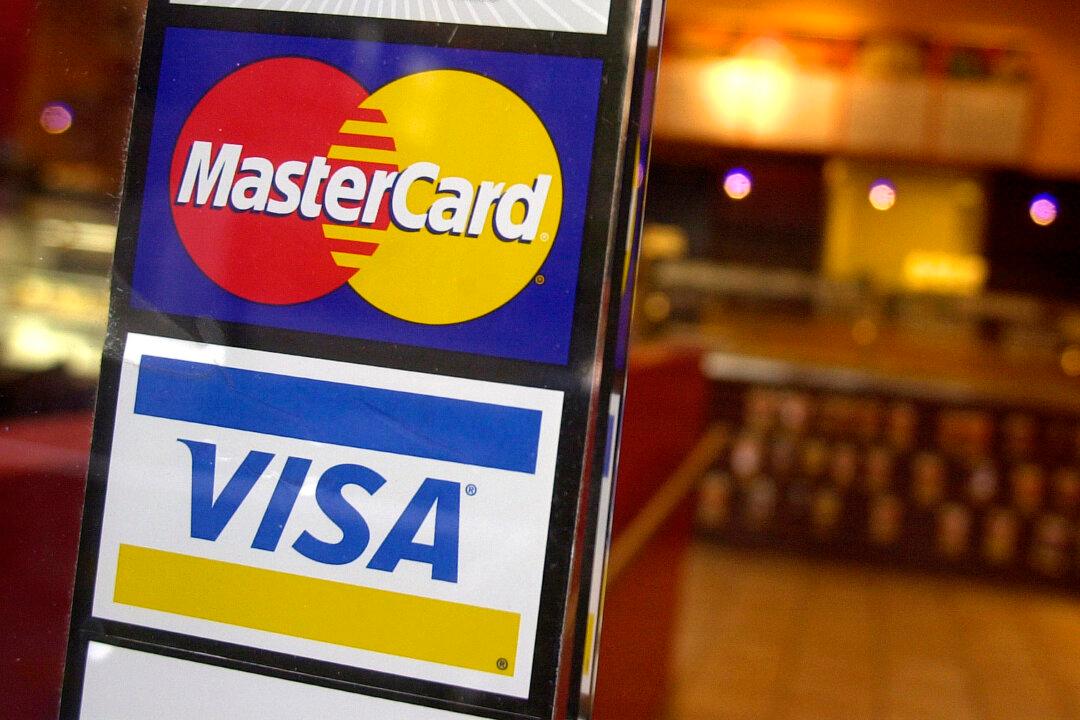Visa and Mastercard have agreed to a landmark settlement, which is estimated to save retailers across the United States nearly $30 billion on swipe fees alone in five years.
The settlement, announced on Tuesday, would resolve a 2005 class action antitrust lawsuit filed by a group of mostly small retailers who accused the card networks of colluding with some of the top U.S. banks to set credit card interchange fees at anti-competitive levels.





